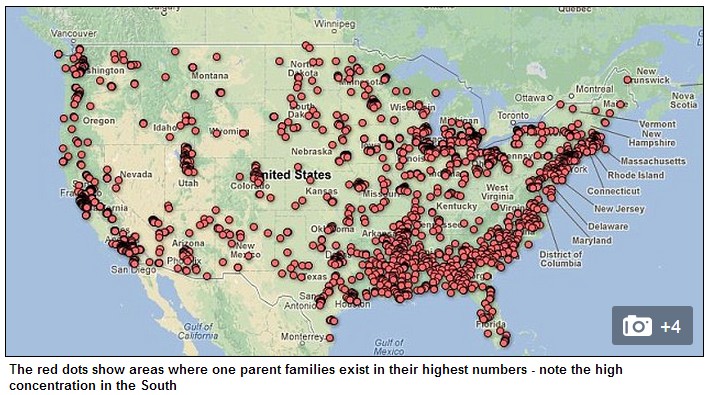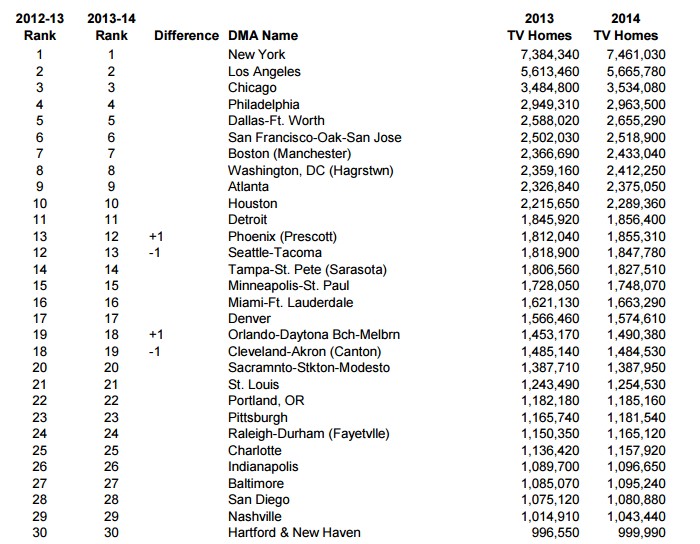This money tip was pioneered by Norbert Schlenka of Libra Investment Management on Salt Spring Island, B.C., and it’s called “Norbert’s gambit.”
The process is a 1-2 of buying stocks in one currency and selling them in another.
How it works: A person buys an inter-listed Canadian stock in Canada, then transfers the stocks over to a U.S. account and sells them on a U.S. stock exchange for U.S. dollars. Some accounts allow a person to hold multiple currencies, and in this case a person transfers them over to the other currency side of that account — called “journaling them over.”
The buy/sell commission remains, as well as any market risk involved in the transfer, but foreign exchange fees are avoided.
There’s also a stock that has been recommended by Moneysense to make this easier: Horizons U.S. Dollar Currency ETF, available in two versions — a Canadian dollar stock with the ticker symbol DLR and a U.S. dollar stock with the ticker DLR.U. The price difference between the stocks is the same as the current U.S.-Canadian foreign exchange rate.
With an account that allows multiple currencies, the Canadian purchase DLR is “journaled over,” becoming DLR.U, which is sold in U.S. dollars. This involves two commissions and a small loss on the bid-ask spread.
Great, so how do I actually do it?
For example, using a TD bank (Waterhouse, Active Trader):
Set up a U.S. funds bank account (in addition to your regular bank account. At TD, it’s called a “Borderless Account.” You have to make an appointment and go in and create the account, which will cost you around 5 or 6 dollars a month. Now forget about this new account for a while while I explain more.
Now you transfer money from your regular Canadian account to your investments (stocks) account – for TD bankers, this means transferring into your Waterhouse account (to your Canadian Waterhouse account).
Now buy the stock DLR.TO in Canadian funds. This will take up to 3 business days to settle (complete the buy).
Now call Waterhouse and have them “journal” the stock over to your U.S. Waterhouse account (if you don’t have this set up already on your Waterhouse trading account, call and have them set it up). This takes 4 business days to complete.
Now your stock is held on the U.S. side of your investments with Waterhouse, and you sell DLR.U.TO and you get U.S. money for it. You have to wait another 3 days for this to settle (complete the sale).
When it has settled, you can transfer these U.S. funds from your U.S. Waterhouse account to your Borderless Account (the new U.S. funds account you created), and there you are; you now have U.S. funds.
During this process, you will have paid for 2 stock transactions (when you bought and when you sold). If you use TD Active Trader (rather than calling in to buy and sell), each transaction costs less than $10 CAD (otherwise it costs more), but you have to download the program and learn basic use for it.
You also will notice that as the FOREX fluctuates between the Canadian and U.S. Currencies, the values you hold will go up and down.
What you don’t pay is the exchange rate. So if you do $10,000, the exchange rate will cost you around $300. You lose $300 each time you buy $10,000 worth of the other currency. Norbert’s Gambit, therefore, can save you money as long as your two trades cost less than the loss on buying foreign currency. However, it takes a couple of weeks to complete the process, and during that couple weeks, you have to do several transfers and one phone call on different days. Like many things, though, while it seems complicated before you do it, after you do it a few times, it probably will become quite easy for you.







